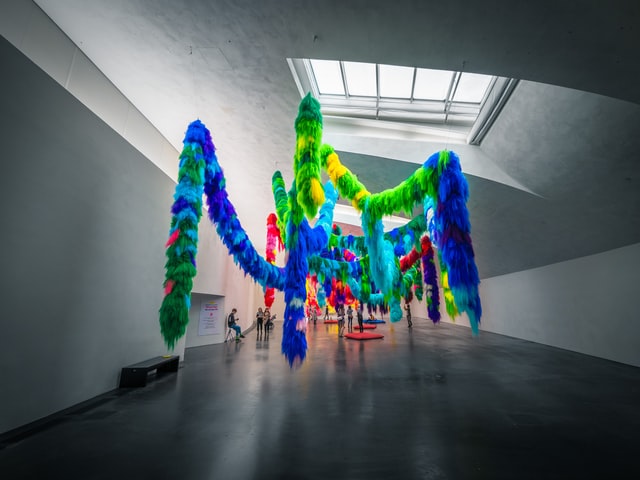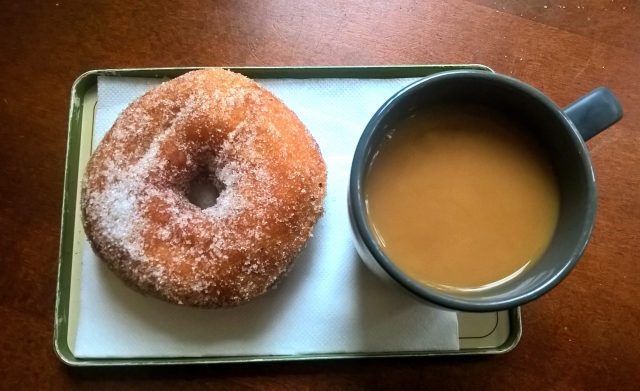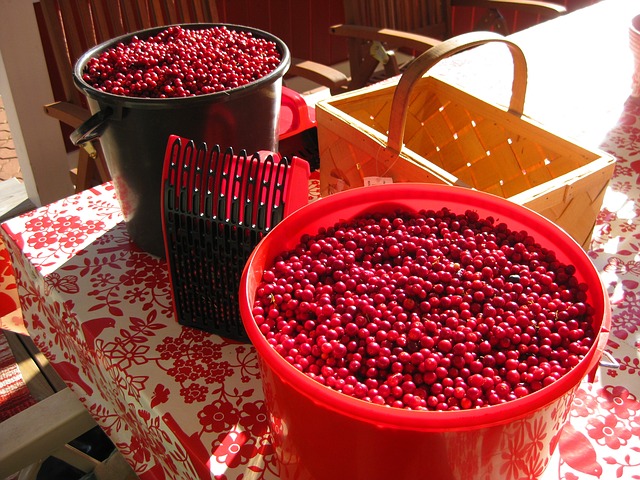Sauna: Traditional Finnish Relaxation Originating from Finland
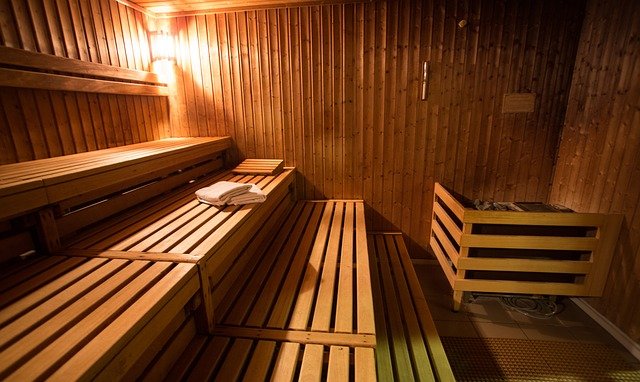
Saunas are popular in Japan, but they are even more deeply ingrained in the culture of Finland, a Nordic country. This is because saunas originated in Finland, and warming up in a sauna is considered a national habit for the Finnish people.
In this article, I will introduce the traditional Finnish relaxation facility, the sauna.
Saunas originated in Finland
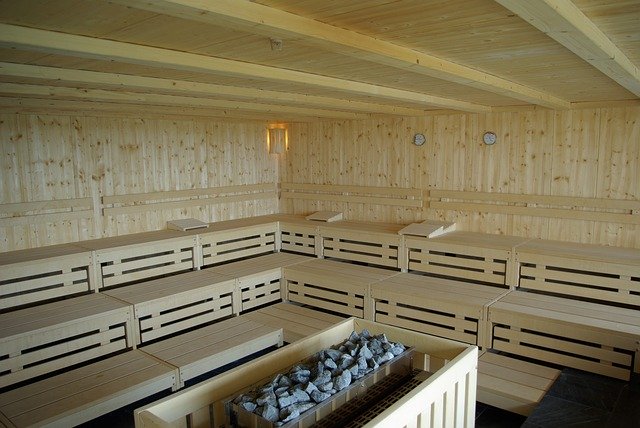
Saunas are an integral part of Finnish life, and many homes have their own saunas. Additionally, public saunas, similar to Japanese bathhouses, can be found everywhere.
The history of saunas is said to have started in the Karelia region, located in southeastern Finland, about 2000 years ago. At that time, buildings used as food storage gradually transformed into bathing facilities, which eventually became the precursor of modern saunas. Interestingly, the word “sauna” is Finnish, not Japanese. In the past, saunas in Finland were also used for childbirth and washing corpses, making them sacred places akin to churches.
Why Finnish sauna culture became widespread
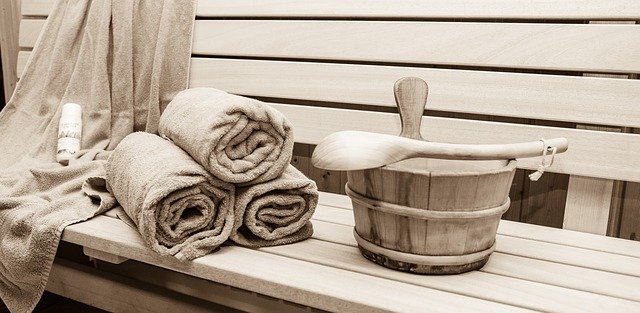
The global recognition of the Finnish-originated sauna culture began with the 1936 Berlin Olympics. The Finnish delegation brought a sauna to the event, which piqued the interest of athletes from other countries. As they brought the concept of saunas back to their home countries, the name “sauna” spread internationally.
In Japan, saunas made their debut during the 1964 Tokyo Olympics. The current sauna boom in Japan, popular among people of all ages and genders, may seem like it has been around for much longer. However, saunas were introduced only about half a century ago, making them newcomers in Japan’s long-established hot spring culture.
How to enjoy a Finnish sauna
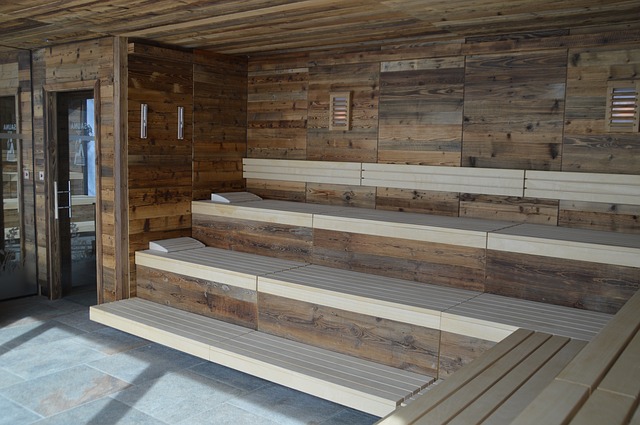
What are the differences between Finnish-style and Japanese-style saunas? First, Finnish saunas are divided into separate sections for men and women or mixed-gender sections. In gender-segregated saunas, it is common to bathe naked, just like in Japan. On the other hand, wearing a swimsuit is the rule for mixed-gender saunas.
Unlike Japanese-style saunas, Finnish saunas do not have cold water baths. In Japanese-style saunas, people typically warm up in the sauna for 5-10 minutes before cooling down in a cold water bath next to the sauna. In Finnish saunas, however, there are no cold water baths. Instead, people cool off by taking an “open-air bath” outside or by jumping into a nearby lake, essentially using a natural cold water bath. When going outside to cool off, it is proper etiquette to wrap yourself in a towel, whether you are naked or wearing a swimsuit.
Tips for enjoying saunas even more
When using a sauna, there is a tradition of hitting the body with a bundle of birch branches called a “vihta.” This practice, also known as whisking, allows users to enjoy the aroma released from the birch leaves and stimulates the skin, promoting better blood circulation.
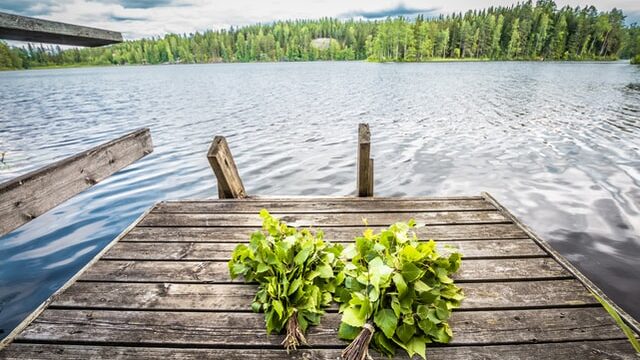
To safely enjoy a sauna, it is essential to stay hydrated. While mineral water is common in Japan, it seems that people in Finland sometimes hydrate with alcoholic beverages like beer. It is not recommended to consume alcohol while your blood flow is stimulated by the sauna, as it can be dangerous. However, it is worth knowing that such a practice exists. Additionally, after a sauna session, people in Finland often enjoy “sauna makkara” with beer.
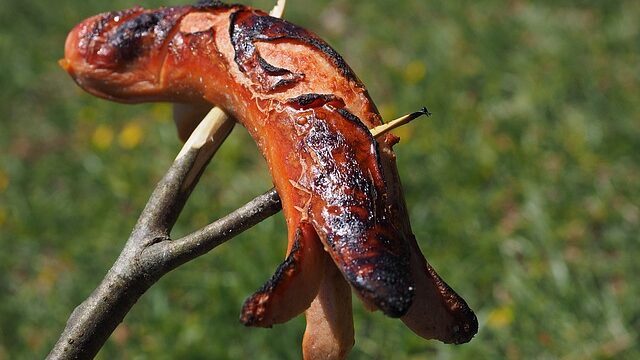
Makkara refers to Finnish grilled sausages, and sauna makkara is the sauna version of these sausages. The unique feature of sauna makkara is that the sausages are cooked using sauna stones instead of an open fire.
Despite these subtle differences, both Japan and Finland share the common practice of cooling down after warming up in a sauna, re-entering the sauna, and enjoying a meal afterward.
Conclusion
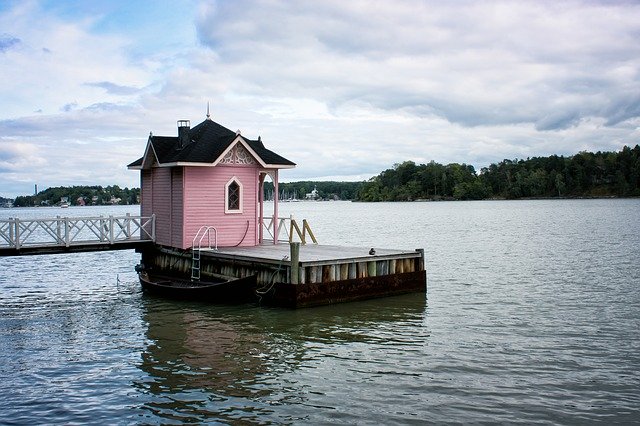
For Finnish people, saunas are an important part of their lives, where they can heal the fatigue of the day and deepen social connections by spending time naked together.
With thousands of years of history behind it, experiencing a Finnish sauna is a must for any sauna enthusiast if given the opportunity.

